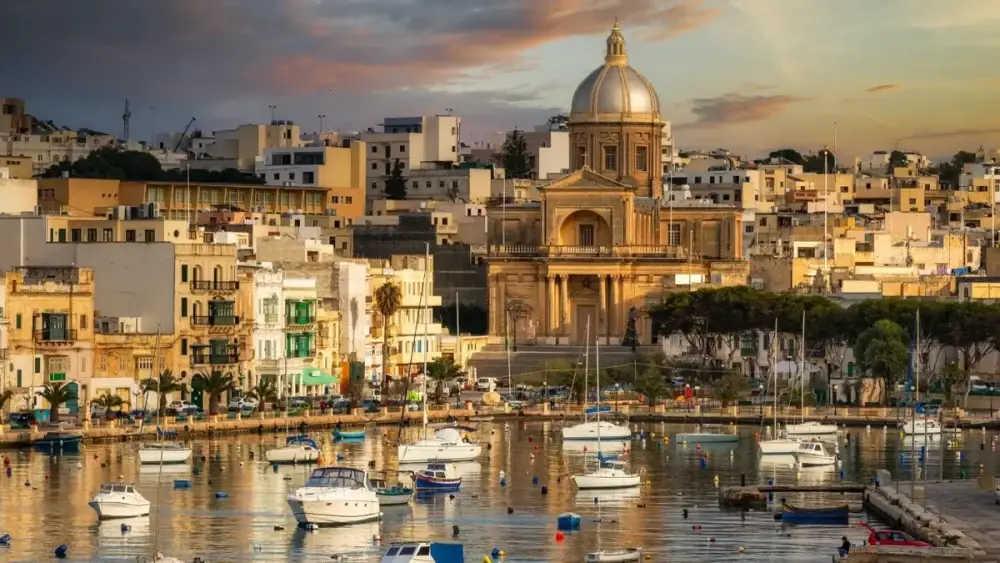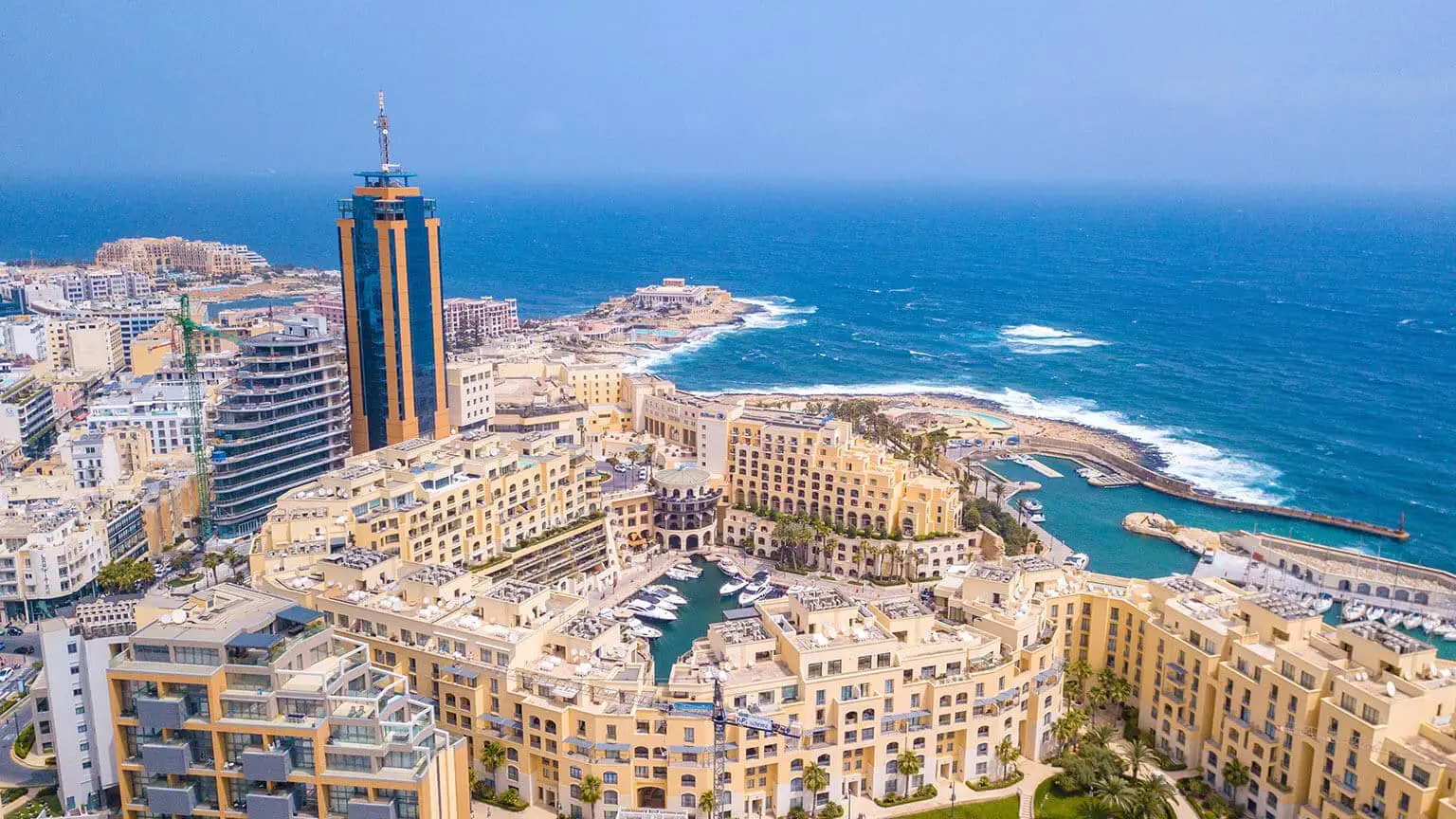One of the most stable EU countries in the financial sector. The archipelago has long been positioned as an international hub for investments, business operations, and real estate transactions. Malta’s modern banking system combines high European regulatory standards with flexibility in serving non-residents, making the island attractive not only to local clients but also to foreign citizens, investors, and company owners.
The country is home to both local and international credit institutions. Banks offer a wide range of services, from traditional services for individuals to corporate solutions, mortgage lending, and investment products. Most transactions can be conducted in a multi-currency format, with support for remote management. Let’s consider how to get a loan and what documents are required for processing.

Structure of Malta’s Banking System
The island is home to over two dozen licensed financial institutions. The largest among them focus on universal services, but there are also specialized institutions in capital management, savings programs, and investments.
Foreign clients have the right to avail themselves of all banking services: open an account, receive credit cards, apply for a mortgage in Malta, invest in assets, and use online banking services. The main procedures are standardized and require minimal personal presence.
Leading institutions that form the backbone of the sector:
- Bank of Valletta – the largest national bank with a wide network of branches, offering retail and mortgage services;
- APS Bank – actively serves individuals and small businesses, offering savings programs and consumer loans;
- HSBC Bank Malta – part of an international network, focusing on corporate support and premium services;
- Lombard Bank Malta – one of the oldest players in the market, operating in the investment and real estate segment;
- MeDirect Bank – an online-oriented bank with expanded capabilities for investors and asset management.
Each institution operates in accordance with MFSA rules – the local regulator ensuring transparency and client protection.
Becoming a Bank Client in Malta
To open an account, a non-resident must undergo identification, confirm sources of income, and the purpose of service. All structures comply with EU AML/KYC directives, making formalities mandatory. The process is not complicated but requires a set of documents and some patience. The main steps to connect to Malta’s banking system:
- choosing a creditor – foreigners often choose Bank of Valletta, HSBC Bank Malta, or MeDirect – they are friendly to non-residents and provide remote services;
- document collection – for application submission, you will need: a foreign passport, a document confirming the address (utility bill, lease), income statement (contract, statements, declaration), a reference letter from the current bank (in some cases);
- filling out a form – the form is filled out online or at a branch. You need to specify the purpose of opening the account: savings, daily expenses, investments, settlements;
- interview – some institutions may require a personal meeting or video call with an employee for data verification;
- application review – usually takes 2 to 7 business days. If approved, an IBAN is provided, and access to online banking is granted.
Entering Malta’s banking system is not difficult with a transparent financial history. Most creditors offer support in English and are willing to work with foreigners, especially for investment, business operations, or obtaining credit cards.
Mortgages, Investments, and Lending
Demand for investments in Maltese real estate is steadily increasing. The state offers a transparent scheme for acquiring properties, including financing mechanisms for non-residents. Foreign citizens have the right to apply for a mortgage in Malta, including the purchase of apartments, townhouses, and villas in permitted areas, provided they meet formal requirements.
Interest rates range from 2.5% to 4% per annum, with a maximum repayment term of 30 years. Conditions may vary depending on the bank, type of property, and residency status. Having a stable income and a transparent credit history significantly increases the chances of approval.
Loans are granted not only for purchasing housing but also for personal purposes, starting a business, and refinancing. The main requirement is solvency and a clean credit history. Credit cards are available in both euros and multi-currency formats, linked to the current account.
Key Points to Remember about Malta’s Banking System
Malta’s banking system is built on European standards, with a focus on security, accessibility, and transparency. Financial institutions actively work with foreigners, offering a full range of services from daily operations to complex investment solutions.

Among the leading players are Bank of Valletta, APS Bank, HSBC Bank Malta, Lombard Bank Malta, MeDirect Bank. Each of them caters to its audience, from individuals to professional investors. The opportunity to open an account, get a loan, or apply for a mortgage for foreigners in Malta is available to both residents and non-residents, provided regulatory requirements are met.
The credit system of the Maltese archipelago is suitable for asset management, business operations, and long-term investments in Maltese real estate. Flexible products, multi-currency accounts, and clear regulation make the country one of the attractive banking destinations in the Mediterranean region.
 en
en  ru
ru  de
de  ar
ar  es
es  hi
hi  fr
fr  nl
nl  it
it  pt
pt  el
el 



